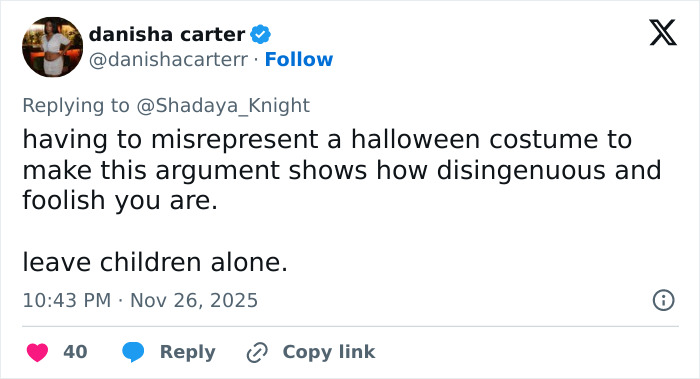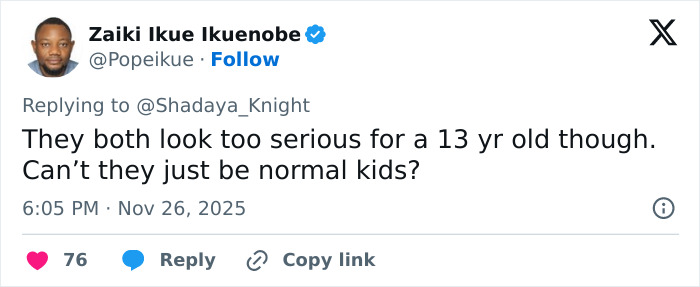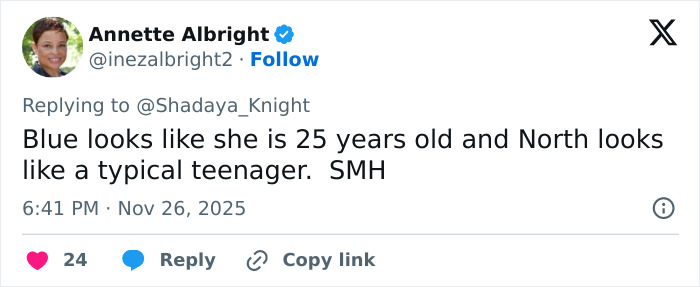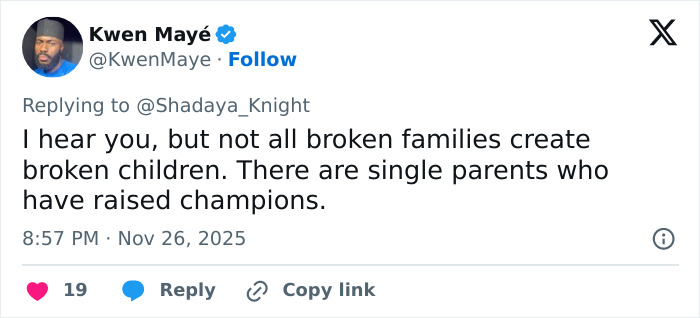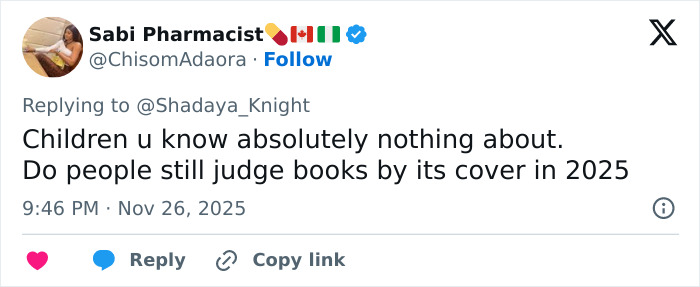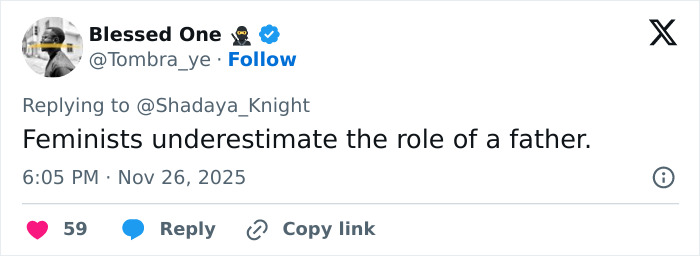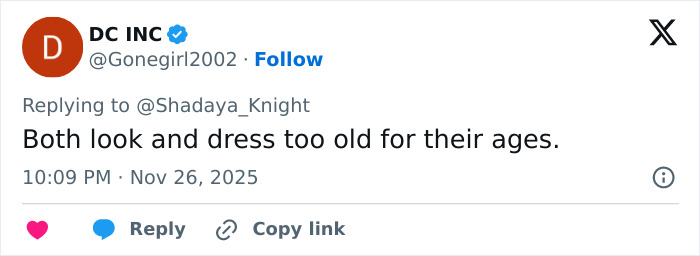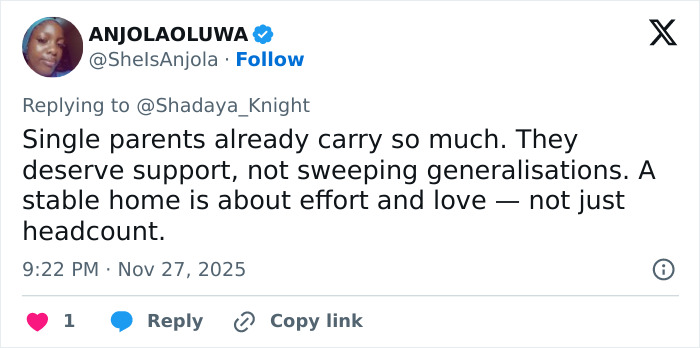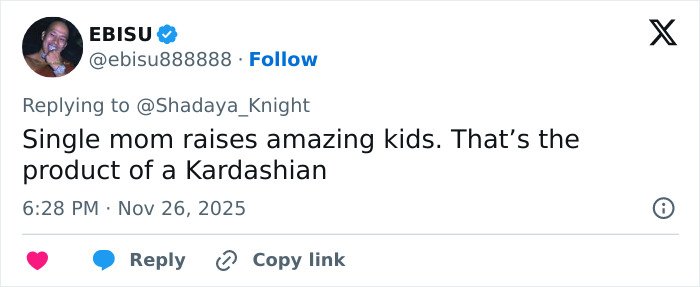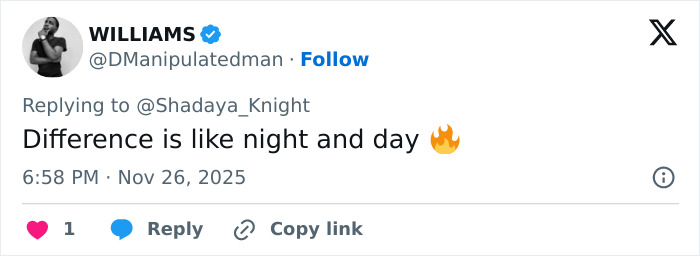A viral post comparing Blue Ivy Carter and North West, two of the most recognizable celebrity children of their generation, has unleashed a heated debate over celebrity parenthood and the pressures of growing up in the spotlight.
The controversial comparison was shared across social media on November 26, surpassing 7 million views and sparking accusations of moralizing and unfair scrutiny directed at both girls.
In the post, Blue Ivy is shown with a natural, age-appropriate look, while North appears in a costume involving blue-dyed hair, facial tattoos, blackened teeth, and piercings.
The caption left no room for interpretation.
“Two kids born into fame. One is being raised by both parents, the other is being raised by a single mom. The difference is there to see. Broken families create broken children who later become broken adults.”.
A side-by-side comparison of Blue Ivy Carter and North West went viral, arguing that West was turning into a “broken adult”
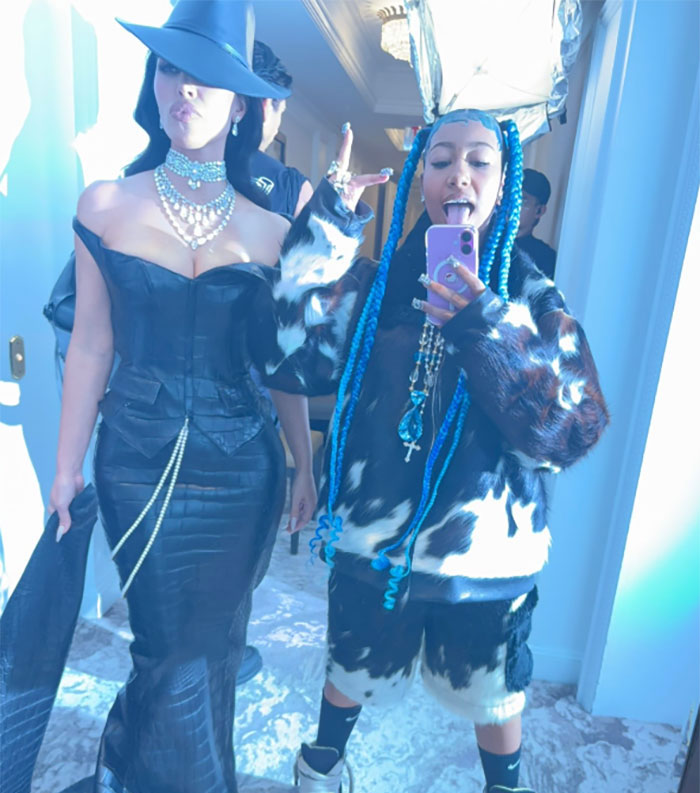
Netizens immediately pushed back against the argument, believing the comparison weaponized children to attack single mothers while ignoring the realities of North West’s situation.
“Given the kind of father she has, things could be even worse,” one user wrote, pointing directly to Kanye West’s long history of public instability and scandals.
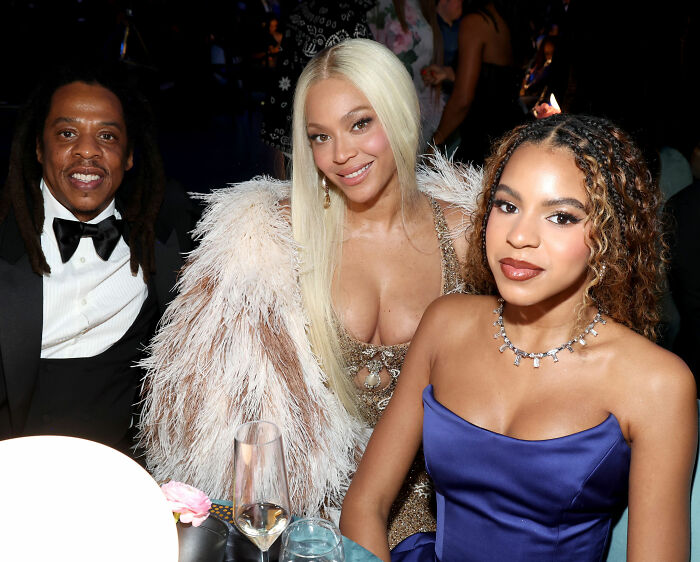
The backlash focused heavily on how the post attacked single-parent households. Fans defended Kim Kardashian, arguing that she tried her best raising her children while dealing with Kanye West’s unpredictable behavior.
“Single mothers are fully capable of raising great kids,” one commenter said. “Look at Khloe’s children or even Kylie’s younger ones. They’re doing an excellent job raising their kids on their own.”
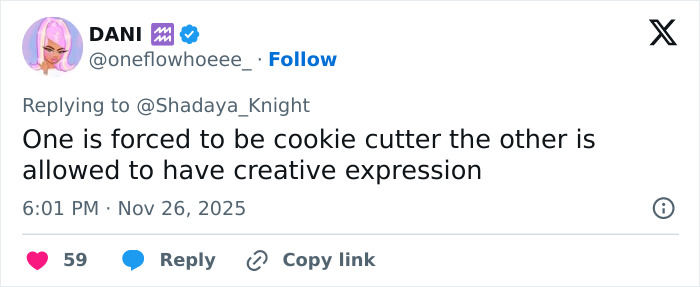
Critics then accused the original poster of deliberately misrepresenting North’s appearance to manufacture a narrative about poor parenting. They noted that the dramatic aesthetic attributed to Kim Kardashian’s supposed “lack of control” was entirely taken out of context.
A user shared a recent photo posted by North on November 11 showing her looking nothing like the viral depiction.

Image credits: kimandnorth
As it turns out, the facial tattoos had been makeup, the teeth had been part of a costume, and the hair had only been dyed at the tips.
The look originated from a social media post she created with friends on October 11, each girl wearing a different color theme for a group costume.
“North was in a Halloween costume, are y’all dumb?” a user bluntly asked.
Experts argue that childhood fame often exposes them to exploitation and unhealthy affection patterns
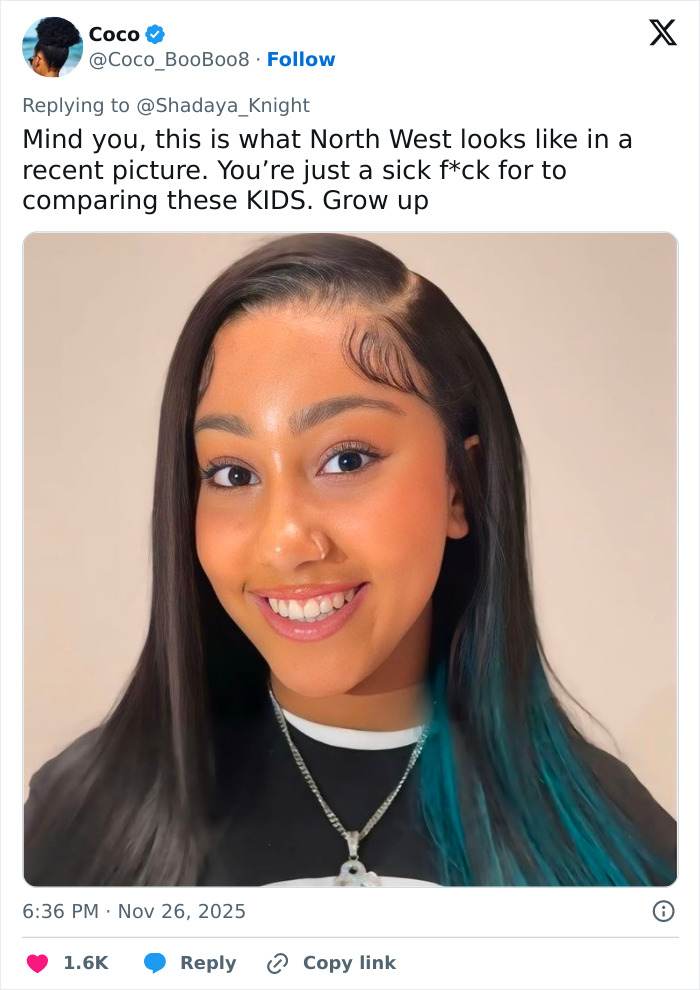
As the debate expanded, viewers began confronting a broader question: the psychological toll placed on children born into global fame.
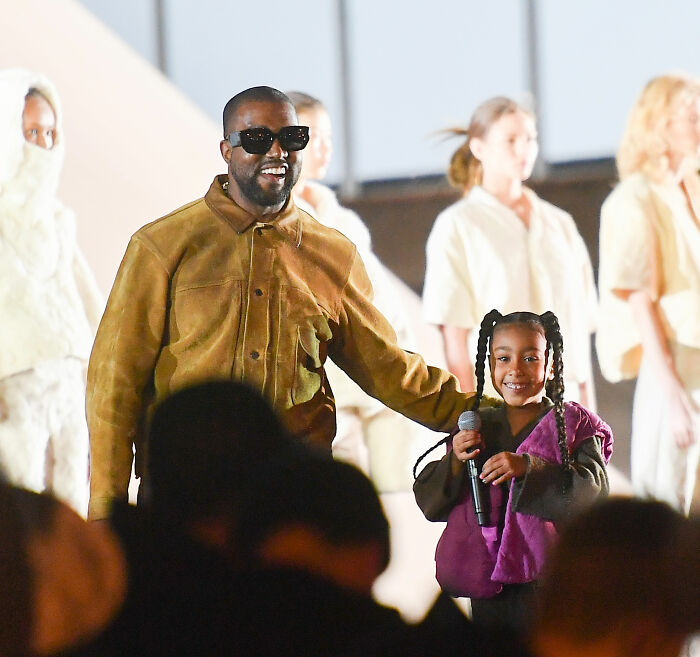
The comparison between Blue Ivy and North started a conversation about the long-term impact being in the spotlight has on children who never chose public life.
“Child stardom demands adult performance before the brain is ready,” explained Duygu Balan, a licensed professional clinical counselor based in New York City.
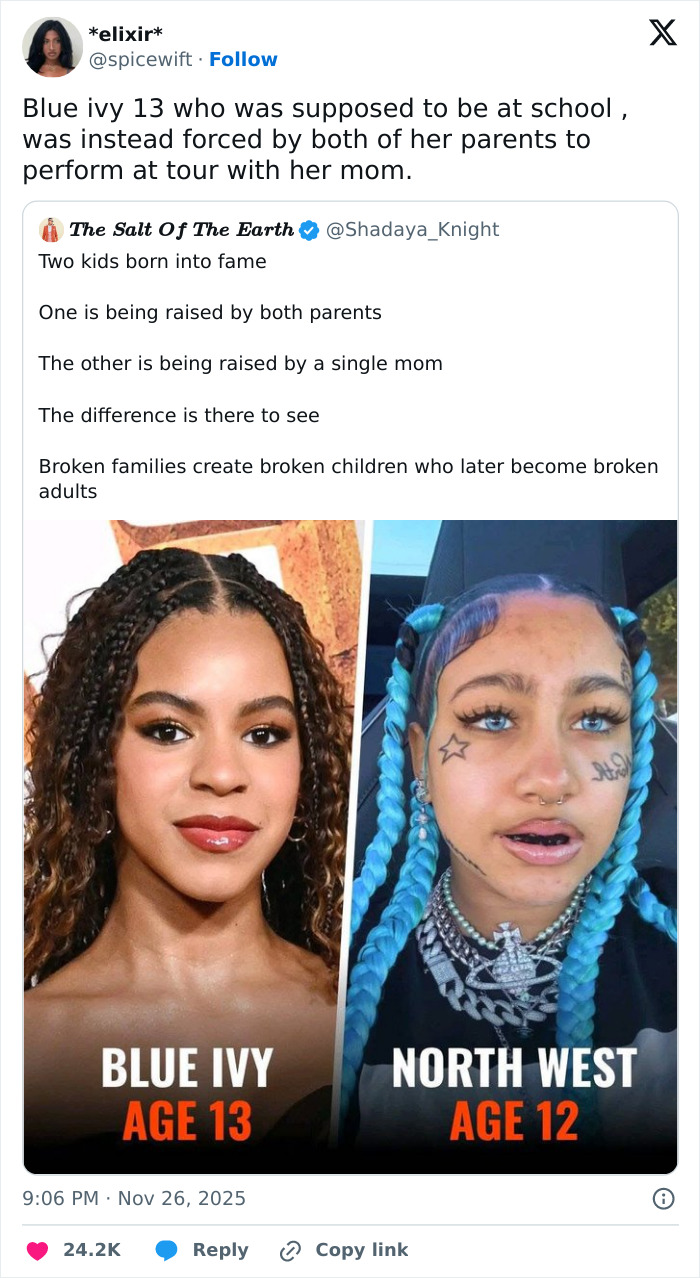
She explained that the prefrontal cortex, responsible for emotional regulation, is not fully developed in children. This creates, in her words, a perfect storm for emotional dysregulation, a fractured identity, and deep attachment wounds.
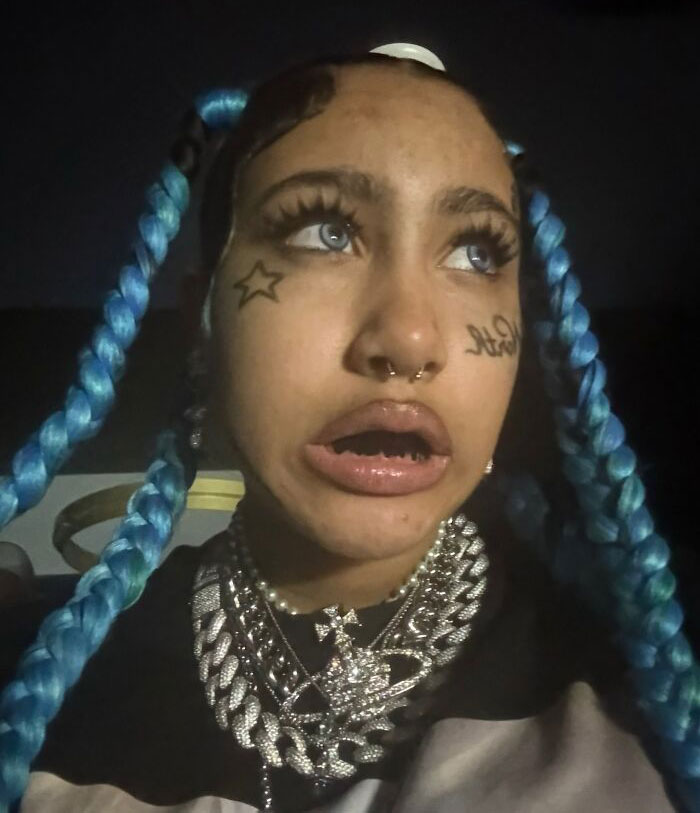
As Balan states, the first sign that something is going wrong is children mistaking applause for affection.
This leaves children believing that love is conditional, and that their ability to be appreciated as human beings depends entirely on their ability to be famous.
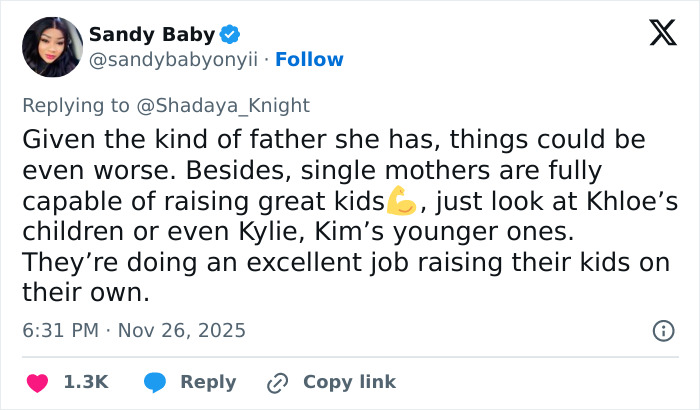
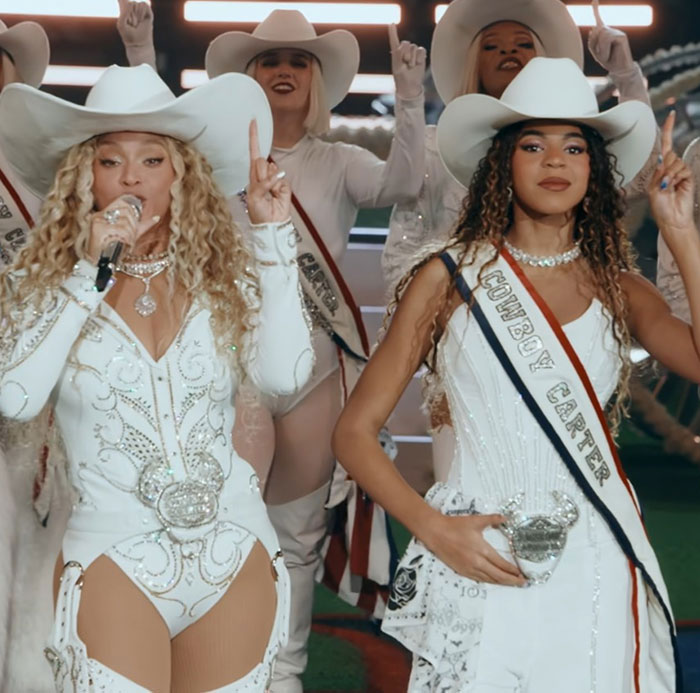
This is made even worse by the fact that people who often control that affection may not have the best intentions in mind.
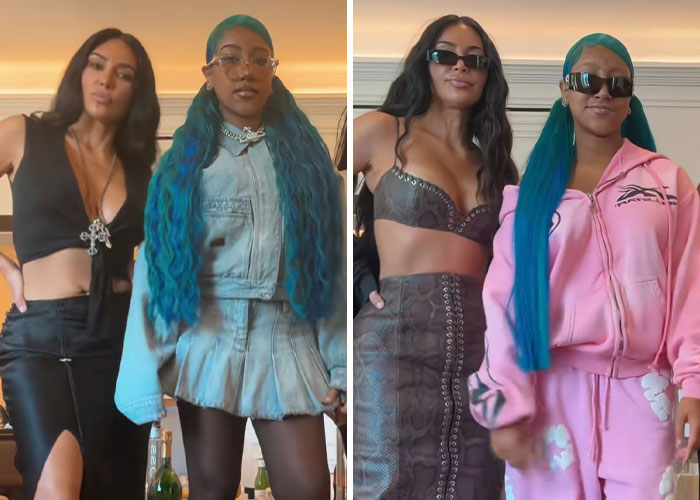
“Blurred boundaries, power imbalances, long work hours, and adult-dominated environments leave children vulnerable,” Balan added.
She described the experience of being a child celebrity as one where “millions of eyes [are] watching but no one [is] truly seeing you.”
Netizens pushed back against the tweet, accusing it of using North West to push an unrelated narrative
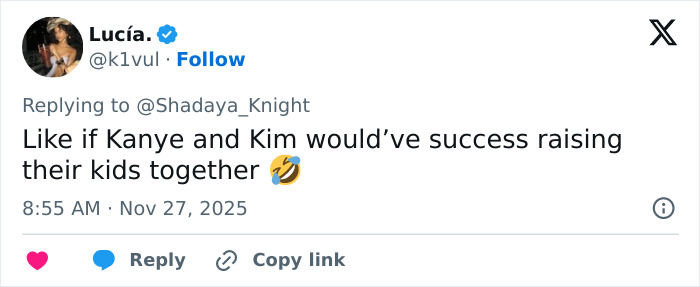
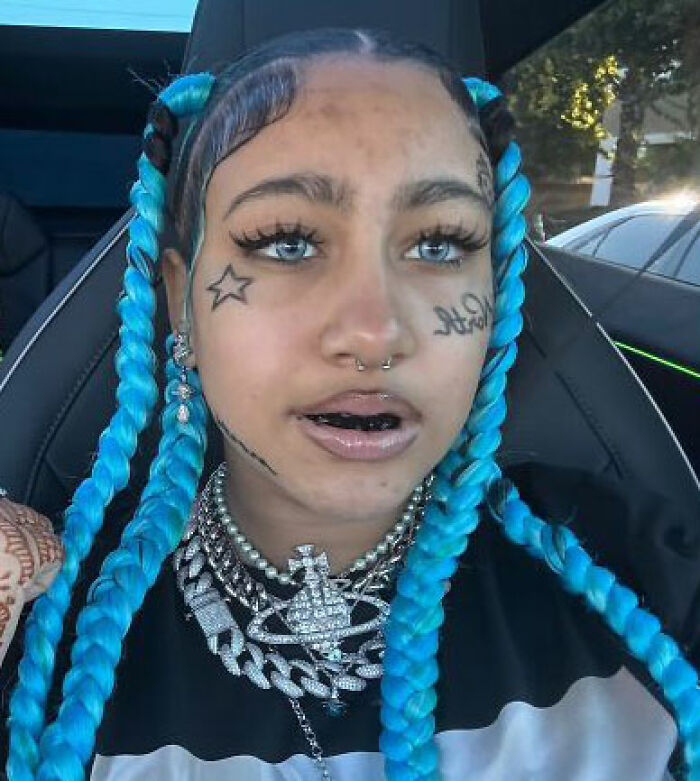
By the end of the discourse, the debate no longer centered on Blue Ivy or North alone. It became a cautionary example of how quickly celebrity children are turned into ideological symbols or clickbait fodder for strangers online.
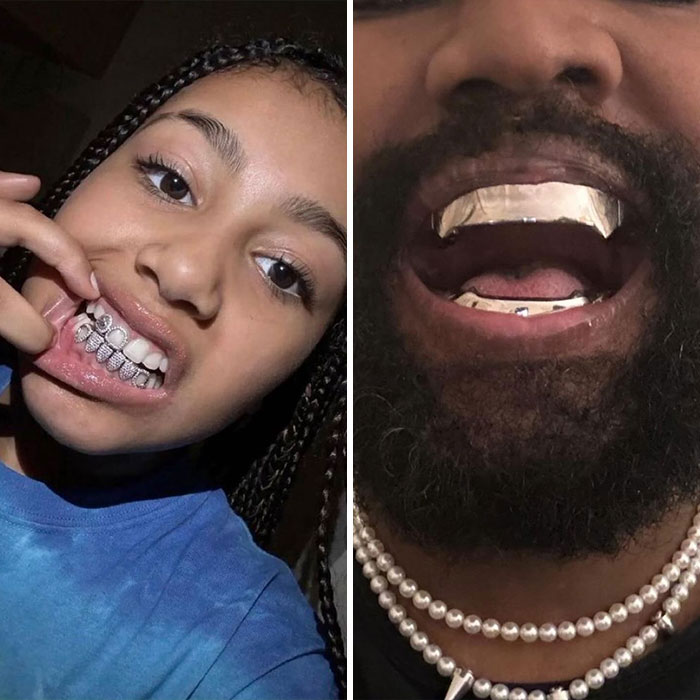
“This tweet is actually from a broken man who actually hates single mothers and who believes that nothing good can come out from them,” a netizen wrote.
“This post is wrong because, first, these are children who should never be put on display like this. And second, we shouldn’t be talking about them the way we are,” another added.
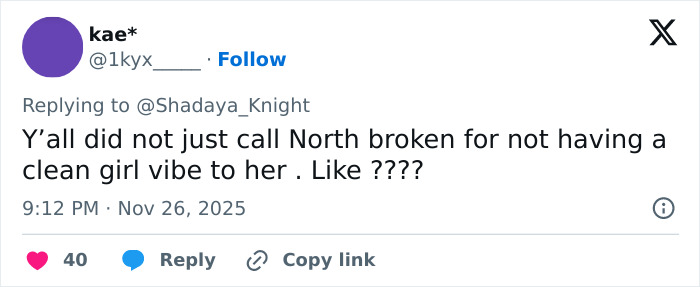
@kimandnorth thanksgiving@Kim Kardashian ♬ Thx – Ken Carson
The way both girls were dissected by millions echoed the pattern described in Balan’s analysis, in which children grow up “in a constant state of being on display.”
Balan argued that the pressures children like Blue Ivy and North face go beyond their parents’ choices, it has to do with the entire machinery surrounding celebrity culture.
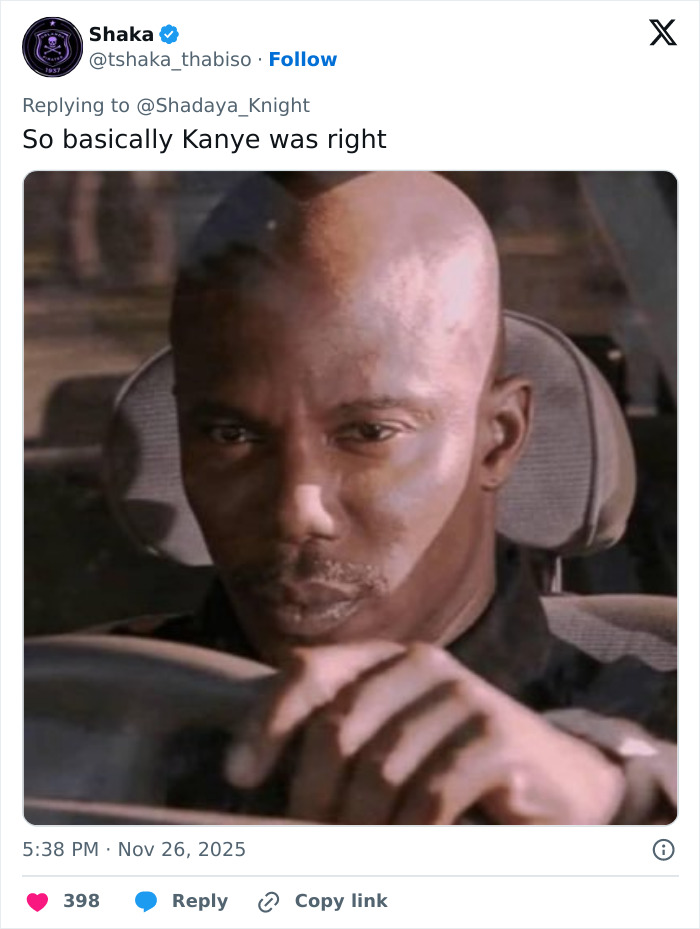
She explained that children in these environments often grow into adults who believe authenticity is dangerous, conditioned to perform rather than exist.
“Healing from childhood fame often means grieving a childhood that was scripted, shot, sold, and consumed,” she added.
“Night and day.” Netizens shared their thoughts on the comparison on social media
